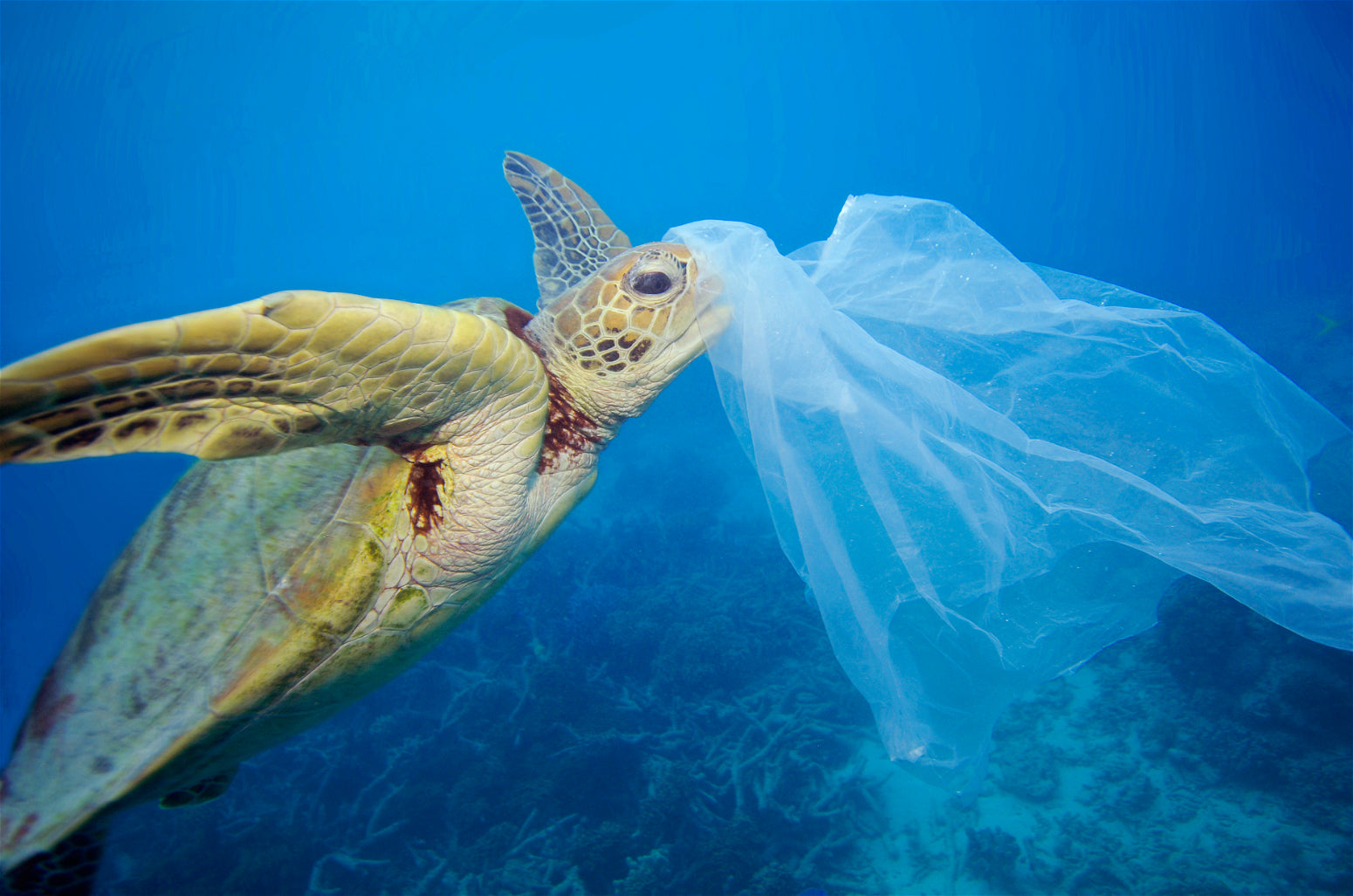Introducing our new home compostable packaging!

This week marks the introduction of our new home compostable packaging, which will accompany all of our online orders! In an effort to reduce wastage, many companies are now choosing to invest in packaging that breaks down more readily. After all, there’s always more we can do to minimise our environmental impact!
There are sadly many misconceptions in the market place about the differences between biodegradable products and other alternatives. To dispel some of these popular misconceptions and celebrate our new packaging, we’ve put together a summary of the different options available to you as consumers.
Biodegradable
Biodegradable products are products that can be broken down by naturally-occurring micro-organisms, such as bacteria and algae, into organic matter. Biodegradable products turn into carbon dioxide, water and minerals over time. They disintegrate into smaller parts over time, with the process sometimes taking decades. Biodegradable waste should be placed into the general waste bin only.
Plastic bags can’t biodegrade, but can photodegrade. This means that the plastic will disintegrate into smaller and smaller pieces until they turn into microplastic granules. Microplastic can have a devastating impact on our oceans and marine life. Plastic bags can have permanent impacts on our environment.
Compostable
All compostable products are biodegradable, but not all biodegradable products are compostable! A product must be certified and meet certain standards of degradation to be deemed compostable, including that it biodegrades within about 90 days under typical composting conditions. In Australia, for a product to be labelled ‘compostable’, it must be proven to have no harmful impacts on the worms or microorganisms in its end state after composting.
The term ‘compostable’ refers to organic matter that breaks down into nutrient-rich soil. Compostable goods break down completely. They do not harm plant growth and do not produce any toxic material in the break-down process, often improving the soil.
Home Compostable
Some bio-based materials require higher temperatures and must be dealt with at an industrial facility, however home compostable products degrade in your home compost. Our new compostable mailers are certified by the Australian Standard AS 5810-2010 as home compostable. This process can take longer than industrial composting, but can be of benefit to your garden, and is an easy, inexpensive way to help the environment. To be classified as Home Compostable the materials must conform to the standards of Biodegradability, Disintegration, Eco-Toxicity and Worm Toxicity. Your mailer from Cloth & Co. will biodegrade within 180 days in your home compost however if you have a nutrient rich compost it will take far less time, you can also put it in your worm farm. If you don't have your own compost, the PlanetArk website will help you find your nearest composter in Australia.
Being mindful of how our decisions impact the environment helps us in building a more sustainable society. If we work together, and continue to make small changes and informed choices, we can minimise the devastating impact of plastic pollution on our planet!
Cloth & Co. x
Resources:
https://www.bioplastics.org.au/composting/home-composting/
https://recycleright.wa.gov.au
https://www.indyweek.com/indyweek/do-plastic-bags-ever-decompose/Content?oid=1739045
http://www.goinggreensolutions.com.au/blog/degradable-biodegradable-compostable/
http://www.swedbrand-group.com/blog/biodegradable-vs-compostable-packaging-materials-4
https://earth911.com/earth911tv/e911tv-compostable-biodegradable-recyclable/
https://www.1millionwomen.com.au/blog/plastic-bags-whats-difference-between-degradable-compostable-and-biodegradable/
https://www.floraandfauna.com.au/blog/compostable-bags-and-bin-liners-explained/




